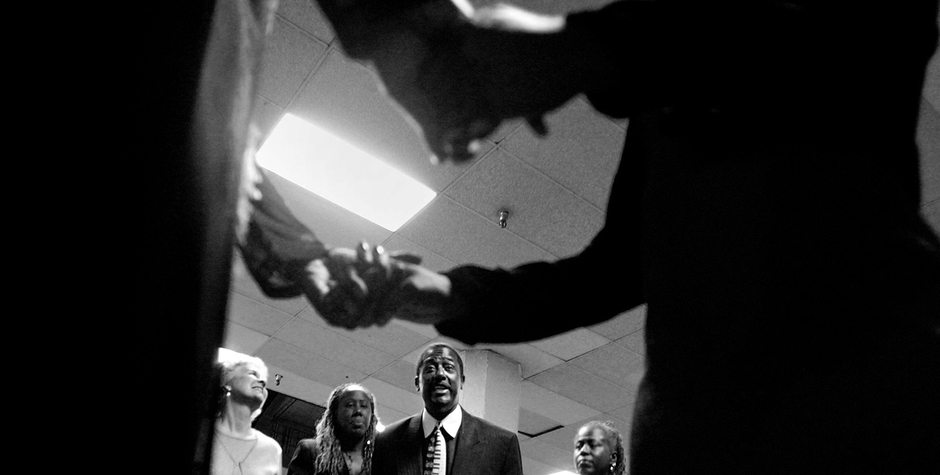ACLJ Defends Legislative Prayer in Federal Appeals Court
As many legislative bodies do, the Jackson County, Michigan, Board of Commissioners starts its meetings with a prayer. The American Center for Law and Justice (“ACLJ”) has filed an amicus curiae (“friend-of-the-court”) brief with the United States Court of Appeals for the Sixth Circuit supporting the practice. We argue that the legislative prayers said during the Board meetings are constitutional.
Jackson County allows each Commissioner, on a rotating basis, to give a brief invocation during the opening ceremonial portion of Board meetings. Each Commissioner is allowed to offer an invocation as dictated by his or her conscience. Neither the Board nor the County reviews, approves, or drafts the content of the invocations.
Each Commissioner is treated equally regardless of the Commissioner’s beliefs, and no Commissioner has been prevented from giving an invocation based on that Commissioner’s beliefs. The invocations are sometimes sectarian, and citizens in attendance have been asked to stand and bow their heads before the start of the invocations. Citizens are not required to attend the Board’s meetings.
Peter Bormuth, a Jackson resident, objected to the invocations because he found them “offensive.” He filed a lawsuit in federal court in Detroit. The trial court ruled against him and upheld the legislative prayers. He appealed to the Sixth Circuit.
A three-judge panel of the Sixth Circuit heard his appeal and issued a divided opinion (2-to-1) reversing the trial court’s decision. The court later vacated the three-judge opinion and will rehear the case en banc, which means that all the active judges will consider the case.
In its brief, the ACLJ argues that Supreme Court precedent permits sectarian prayers said before legislative sessions, as are sometimes said during the Jackson County Board meetings. We explain that a Commissioner giving an invocation during the ceremonial part of the meetings is no more a constitutional concern than if the County had rotating clergy give sectarian invocations (a practice that has been upheld by the Supreme Court) or if the County had hired a single clergyman to handle all the invocations (which has also been upheld by the Supreme Court).
Moreover, concerning Bormuth’s claim that the prayers coerce religious participation, we explain that Jackson County has not coerced Bormuth or anyone else with regard to its legislative prayers. Jackson County requires no citizen to listen to, or participate in, the brief invocations. The invocations do not proselytize or disparage another faith (or non-faith), and there is no requirement that anyone show reverence during the prayers or agree with their content.
Although the record indicates that citizens who attend the meetings have been asked to stand and bow their heads by the Commissioner giving the invocation, those were requests, not demands. Such requests are common courtesies said before any form of prayer, whether sectarian or nonsectarian. They are along the lines of inviting citizens to recite the Pledge of Allegiance or asking for the removal of hats before the singing of our National Anthem—such requests may easily be refused (and often are by some individuals) without any form of penalty being imposed.
The Sixth Circuit will hear the case en banc this June.
The ACLJ will keep you posted on this case and the other important cases in which we are involved.
